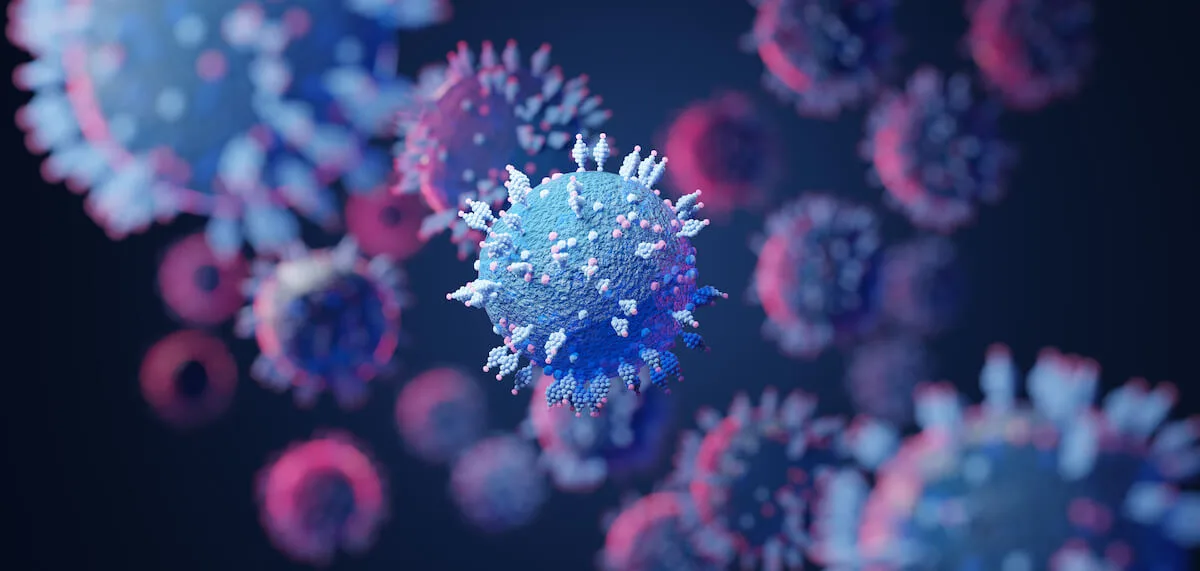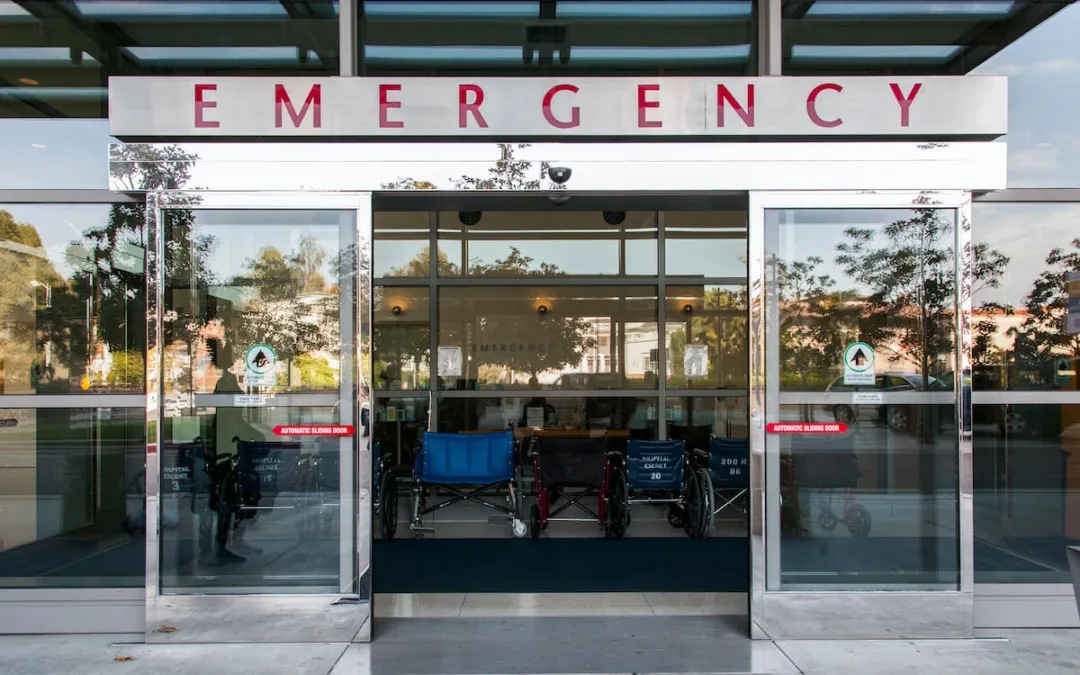
#image_title
#image_title
Professionals offer advice on how families can cope as we head into the holiday season and social isolation continues.
With COVID-19 continuing to spread in Wisconsin as we head into winter and the holidays, Lisa Tutsky, a marriage and family therapist in De Pere, warned that on top of all the changes that have happened so far, we could be heading into a particularly trying time for people’s mental health.
“We’re in a time of tradition,” Tutsky said. “With Halloween, Thanksgiving and Christmas, so much of what we would normally do with our immediate family as well as our extended family looks quite different. So there’s issues of grief and loss as well.”
Families have had to deal with more than their fair share of change and uncertainty during the pandemic. Between schools closing, then re-opening, then re-closing, to economic challenges and social isolation, mental health specialists warned that this upset to our routines can profoundly affect our mental health.
“We’re used to a certain routine and a certain rhythm to our life; that does not exist now,” Tutsky said.
She and other mental health specialists spoke at a virtual event hosted by the Brown County Health Department about how they’re seeing the pandemic affect their patients and what people can do to adapt.
Creating a ‘new normal’
Dr. Donald Beno, a pediatrician at Aurora Baycare, said that since old routines—sports, playdates and other activities—have to be put on hold, it’s important to create new ones that, “give [children] a semblance of a social life.”
“We all need to take the next step to provide us with a new normal in our routines that will help us make it through,” said Beno. “Just like adults, without structure, they feel like they are out of control of their lives.”
One thing parents need to be aware of is how their children can pick up on and carry their parents’ stress. And children who have experienced stress, anxiety or depression in the past are more likely to experience it now.
“Parents may see more behavioral issues now,” he said. “It is important to give children the grace to feel the emotions of the pandemic.”
One of the keys to adapting is open communication with children.
“It’s important to talk to children on their own level about their fears and their concerns, validate their fears, clarify any misconceptions and assure them they are cared for and loved and that we will all get through it together,” Beno said.
Spending more time at home with family can be beneficial in some cases, but exacerbate issues in others. Tutsky said that without time outside the home, domestic abuse victims do not get a reprieve from the abuse.
“School and work is a safety net for people,” Tutsky said. “Being able to get out and move about in the community is a safety net for people.”
In addition to domestic violence, Mari Kreischer, a Behavioral Health Manager for the Oneida Nation, said, “Some people are turning to alcohol and drugs as a means of coping.”
“The pandemic has really created isolation in people and is making it difficult for people to connect to their support systems, especially if they do not always have access to technology,” she said.
Kreischer said her office has given out, “a lot of opiate overdose kits.” They also created a tele-health office where people who do not have reliable access to the internet at home could use a computer to access online counseling.
She also said that due to stressors, they’re seeing more individuals contemplate suicide. Because of social distancing concerns, there’s a lack of spaces available at residential treatment facilities, so more of their therapists are having to care for these individuals through outpatient treatment.
She encouraged people to reach out to their support networks and find ways to connect with others.
“Nothing is too small to make the call,” she said.
If you are feeling hopeless and need help reach out to the National Suicide Prevention Lifeline at 1-800-273-8255. Or visit their website here.
Politics

Biden administration bans noncompete clauses for workers
The Federal Trade Commission (FTC) voted on Tuesday to ban noncompete agreements—those pesky clauses that employers often force their workers to...

Opinion: Trump, GOP fail January 6 truth test
In this op-ed, Milwaukee resident Terry Hansen reflects on the events that took place on January 6, the response from Trump and other GOP members,...
Local News

Readers Poll: Top Bowling Alleys in Wisconsin
Looking for the best bowling in Wisconsin? Look no further! Our readers have spoken in our recent poll, and we have the inside scoop on the top...

8 Wisconsin restaurants Top Chef judges are raving about
Top Chef’s 21st season is all about Wisconsin, and on-screen, it’s already apparent that the judges feel right at home here. But, while filming in...




